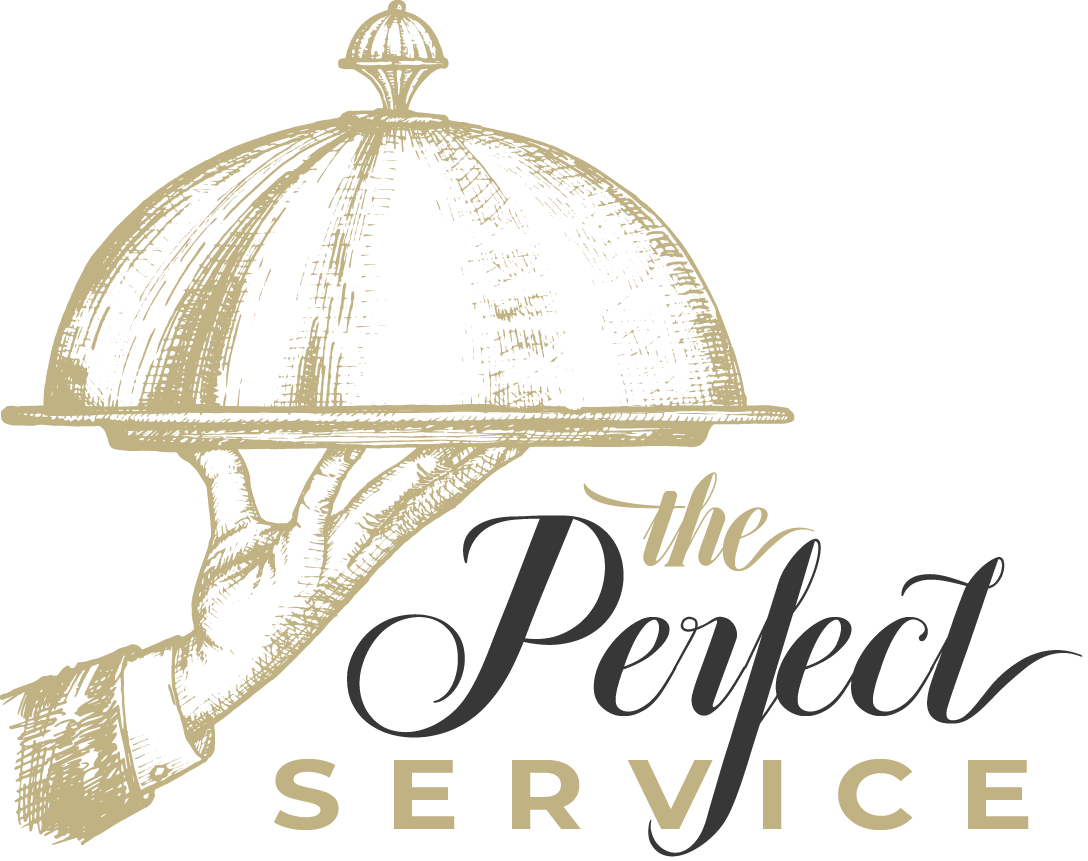THE VERY FIRST RESTAURANT IN THE WORLD WAS OPENED IN PARIS.
If we research the history of culinary art, we can certainly agree that it is worth focusing on France. The word restaurant itself, which is now widely spoken in many languages, is also of French origin, which surprisingly means a booster. But what needed to be strengthened?
The word and, in fact, the history of the restaurants can be traced back to 1765, when a French innkeepeer called Boulanger opened a “soup bar” near the Louvre called “Champ d’Oiseaux” where it sold soups made primarily for sick guests.
So we can say that golden broth of the weekend is not a modern-day invention: it has been a medicine for body and soul, for sick and healthy for centuries.
Boulanger’s soup gained rapid popularity, however, the innovative owner was not satisfied with the fact that he could merely serve broths, contrary to the practice at the time, offering lamb and white sauce to his guests after a while in addition to soups.
By doing so, however, he violated – the monopoly that strictly regulated the scope of activities of the guilds at the time. He submitted his unusual and revolutionary action to the guilds, with which he successfully persuaded them, thus paving the way for the rise of restaurants in the modern sense.
Twenty years after Boulanger, in 1785, the world’s first luxury restaurant opened its doors in Paris. The institution, owned by Antoine Beauvilliers, was called La Grande Taverne de Londres. The work of the founder-owner was even recognized by Jean Anthelme Brillat – Savarin, who described the strengths of the place as well as the excellent waiters in addition to the chefs.
The storms of French history, of course, also left their mark on the history of gastronomy: during the French Revolution, restaurants were understandably scarce, and chefs who raised to the skies before siwere left without work.
In 1804, the pre-revolutionary hospitality traditions in the French capital were revived: by this time, more than 500 such units were waiting for those interested in fine cuisine.
The up-moving middle class and the sliding aristocracy could not afford their own chef, so they began to go to elegant restaurants. However, their needs remained at the same high level: they expected a royal dining experience, gourmet cuisine, quality wines, sophisticated staff, an elegant venue that has created a thriving market today: fine dining restaurants in today’s sense have begun to emerge to meet growing demands. , where they could dazzle the demanding French aristocracy. The chefs working here have become “stars,” recognizing their efforts with high salaries that have elevated them to a higher social class.
We will continue from here;)

